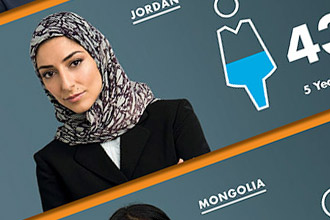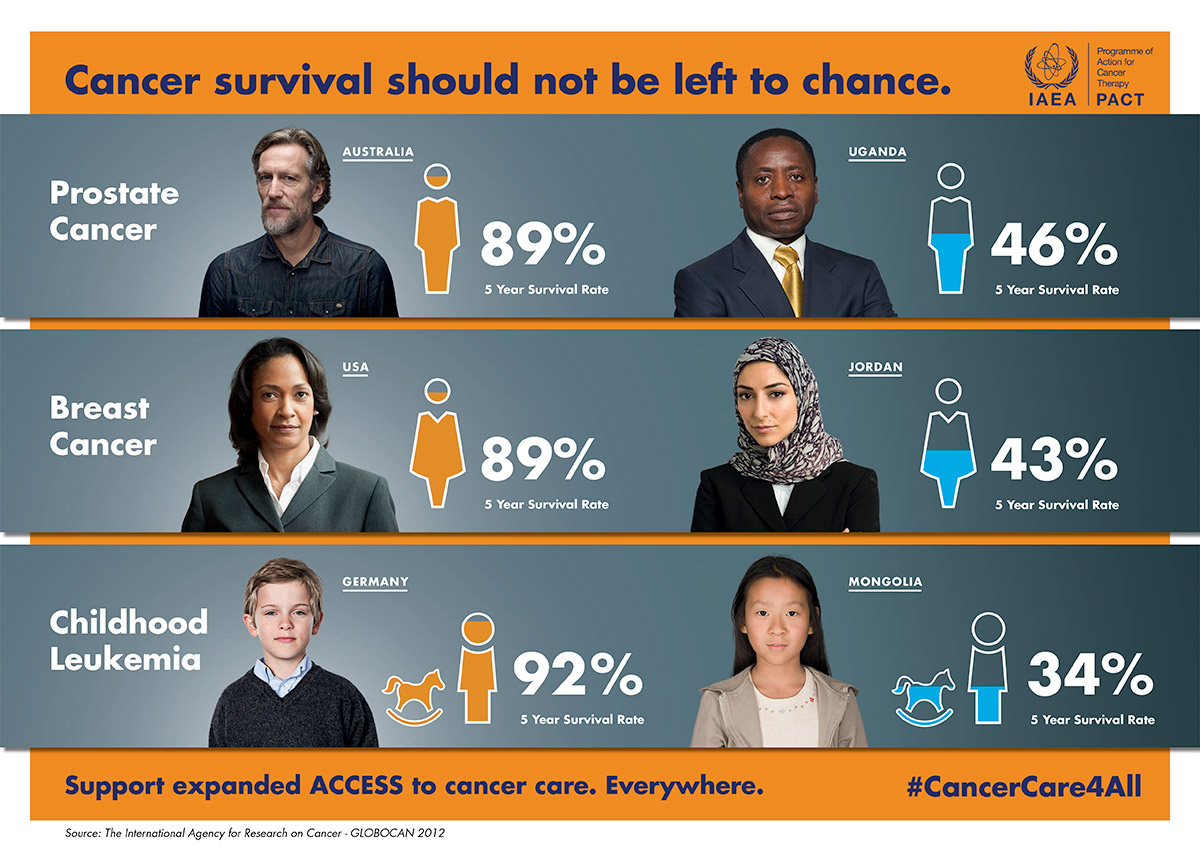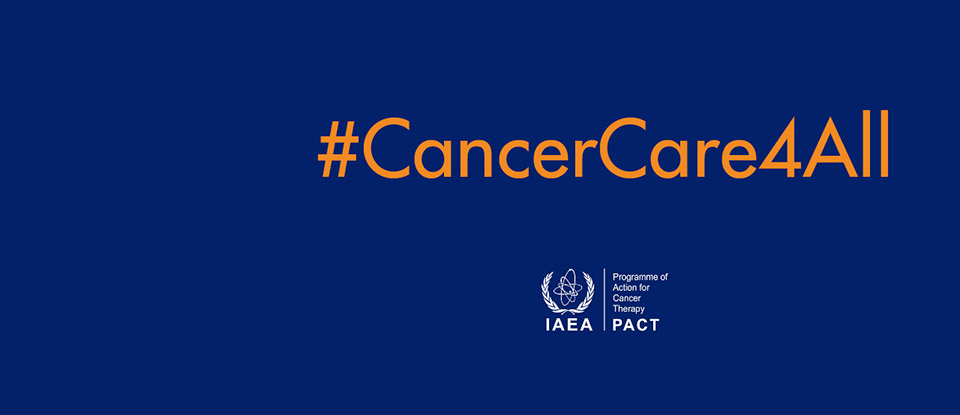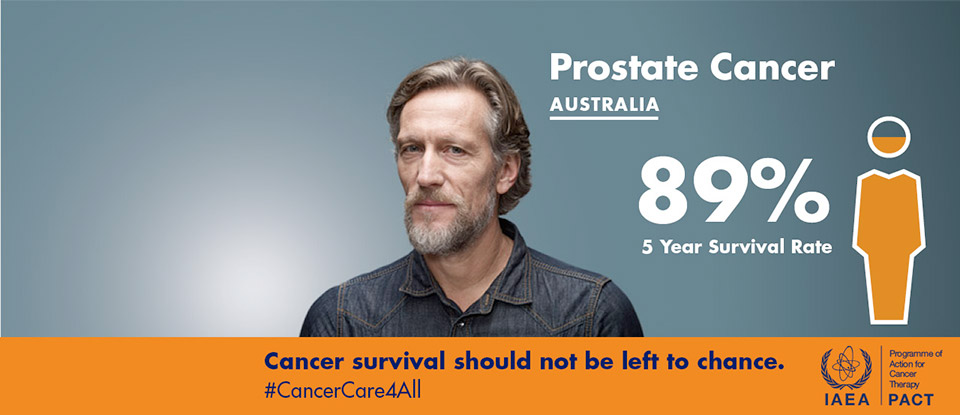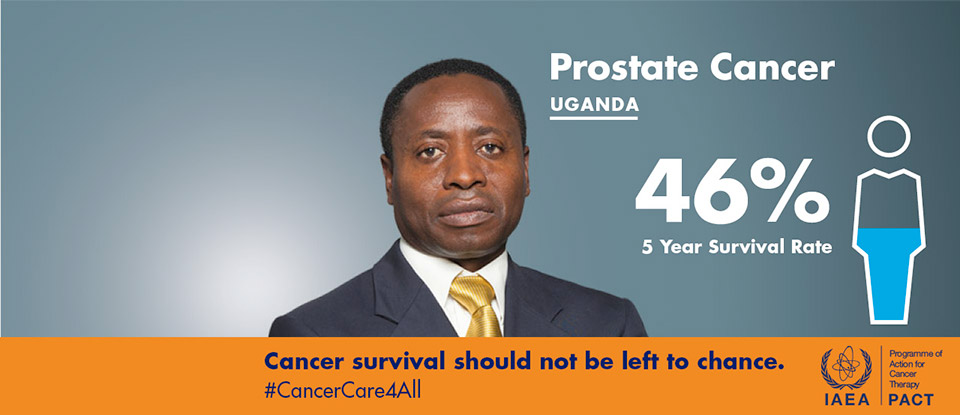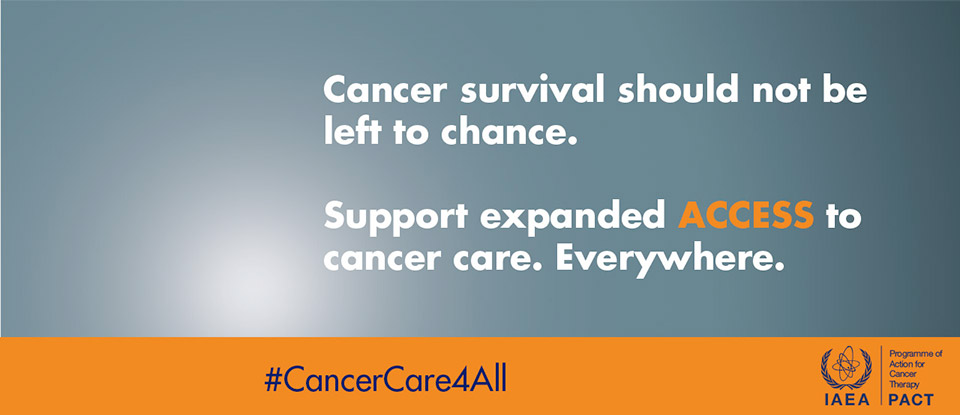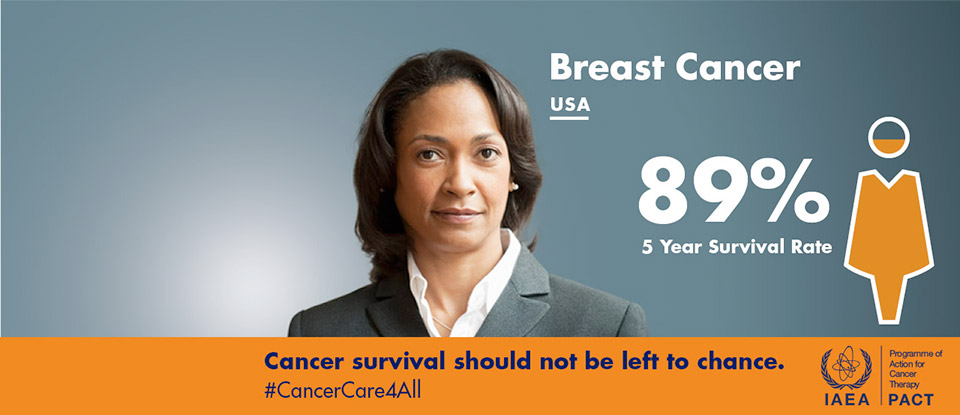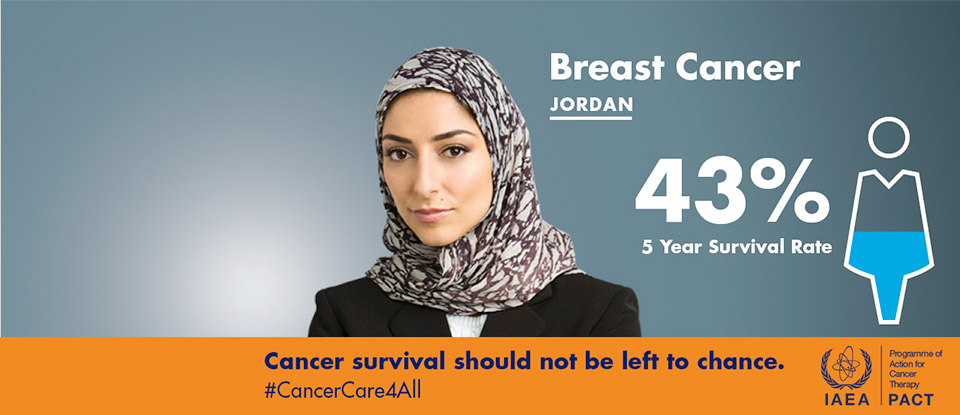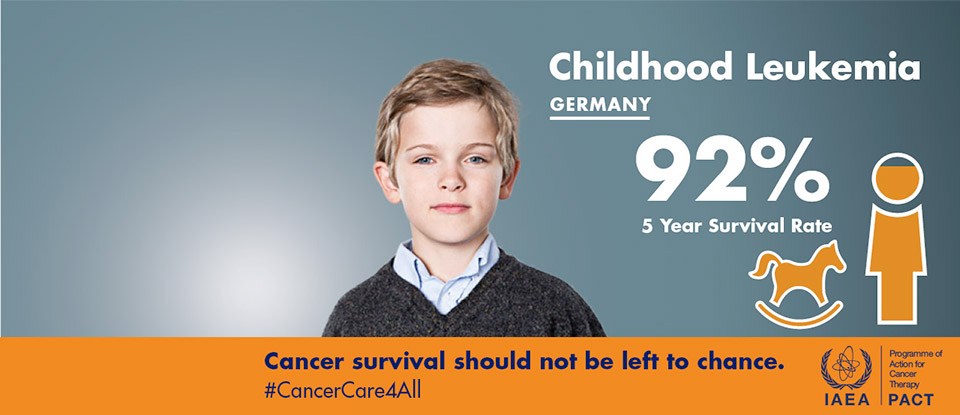Despite major advances in cancer treatment, technology and research, 1 person dies from cancer every 4 seconds somewhere in the world. This dramatic rate is set to further increase by over 50% in the next 15 years. While longer life expectancy and changes in social behaviour contribute to the growing number of new cancer cases, access to treatment remains shockingly low in many countries worldwide. In 2012, 8.2 million people died from cancer, two thirds of them in low and middle income countries.
In particular women, adolescent girls and children in these countries are negatively affected. In many instances, they have limited access to prevention and treatment services and their illness is detected too late for appropriate, effective and affordable treatment and care. Women's cancers, including breast, cervical and ovarian cancers, lead to hundreds of thousands of premature deaths. Cervical cancer alone claims over 270 000 lives every year, more than 85% of these in low and middle income countries. Paediatric cancers are a significant cause of childhood death. Unlike in high income countries, survival rates for paediatric cancers are very low in developing countries, with four in five children dying.
In an effort to address this problem, the international community will embark on reducing premature deaths from non-communicable diseases, including from cancer, by a third by 2030, as part of the Sustainable Development Goals (SDGs).
The Director General of the International Atomic Energy Agency (IAEA), Yukiya Amano, highlighted the important role the IAEA plays in assisting countries to meet such an ambitious target. 'I believe this is an achievable goal provided there are strong partnerships among the international organizations concerned,' he said.
In collaboration with a wide range of partners, the IAEA is particularly active in supporting increased access to comprehensive cancer control services, including access to radiotherapy for the treatment of invasive cancers and for palliative care. Improvements are being felt as governments have increased their commitment to integrating comprehensive cancer control activities into national health programmes. However, access to lifesaving treatment remains severely limited. The IAEA estimates that 80% of Africa's one billion inhabitants have no access to radiotherapy or cancer related services.
In order to raise awareness of the persistent inequalities in access to lifesaving cancer services, the IAEA's Programme of Action for Cancer Therapy (PACT) has launched the #CancerCare4All campaign on the margins of the IAEA's 59th General Conference on 14-18 September 2015 in Vienna, Austria.
Cancer survival should not be left to chance. Support expanded ACCESS to cancer care. Everywhere.
Please SHOW YOUR SUPPORT to #CancerCare4All and share information, pictures, posts, your ideas and thoughts on #Twitter, #Facebook and other social media pages. Thank you.
